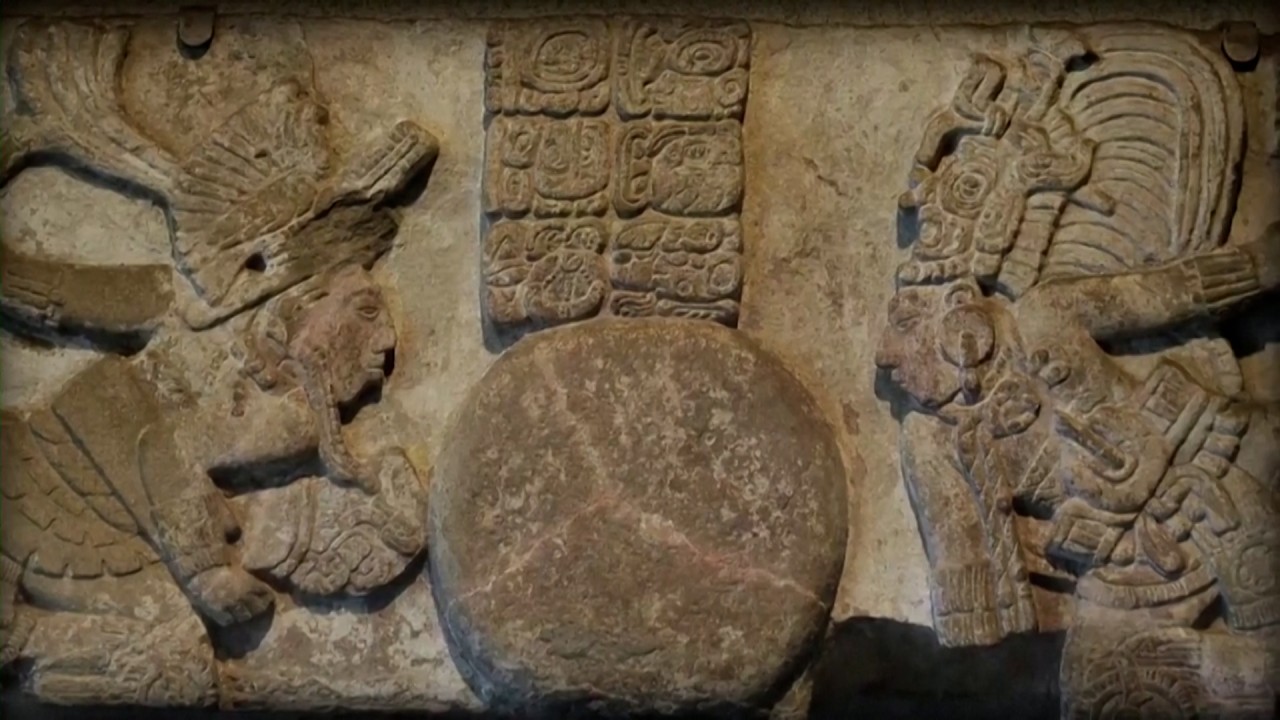An extensive genetic analysis by an international team of researchers has traced the longest ever migration of humans from Asia to the Americas, shedding new light on the prehistoric human expansion that shaped the early genetic landscape of the western hemisphere.
The study also found that early migrants to South America formed distinct groups that remained isolated due to environmental conditions.
The work, led by researchers at the GenomeAsia 100K consortium, could reveal new clues about disease susceptibility and drug responses among indigenous populations, who have faced major population declines.
Archaeological evidence shows that human migration from northern Asia to South America was under way by at least 23,000 years ago, with a human presence at the southern tip of South America confirmed by 14,500 years ago.



